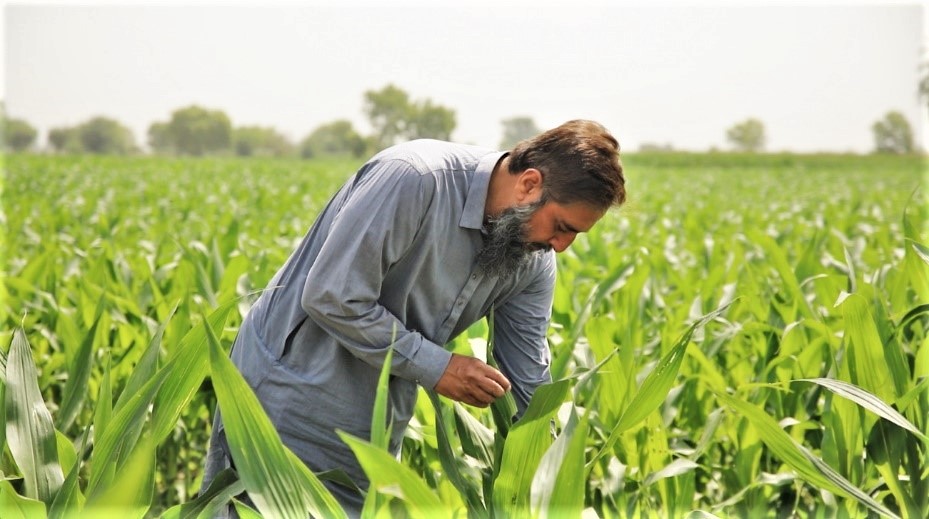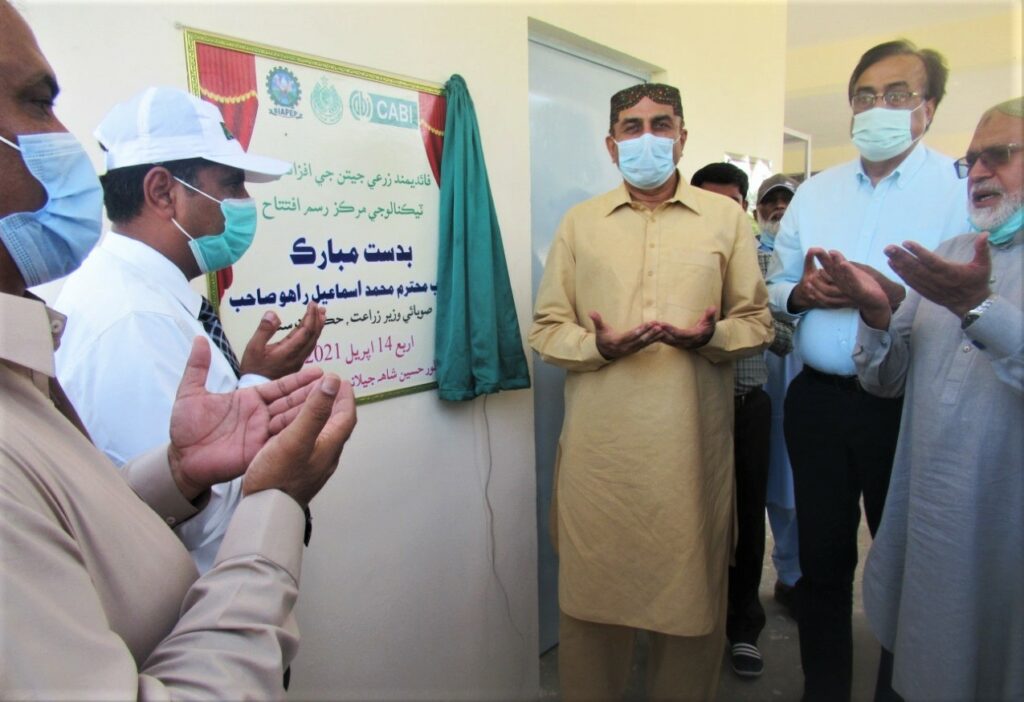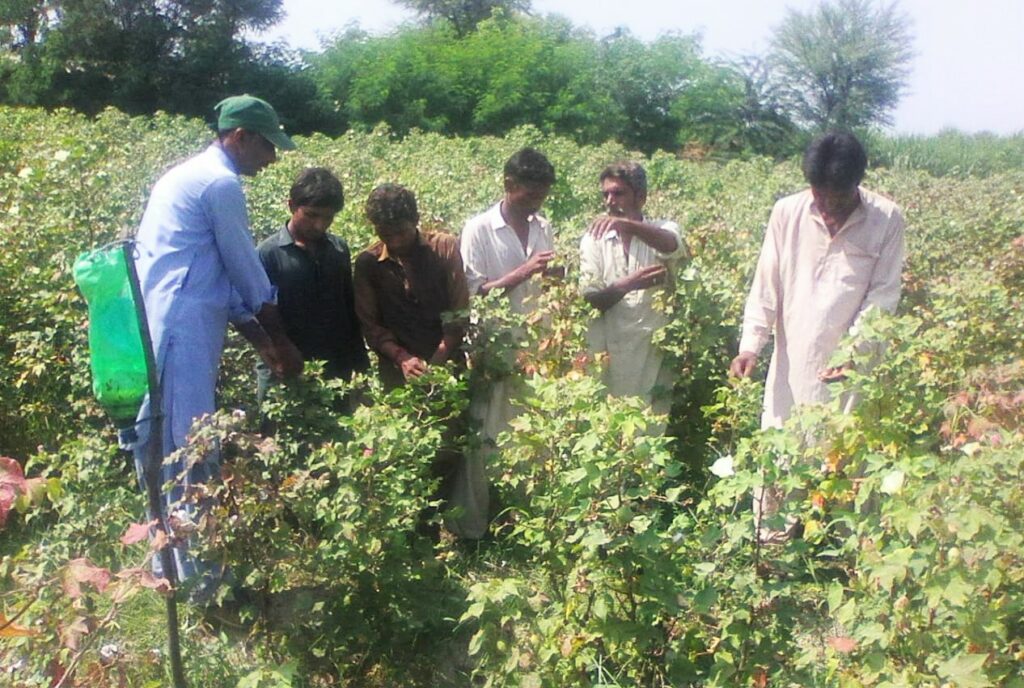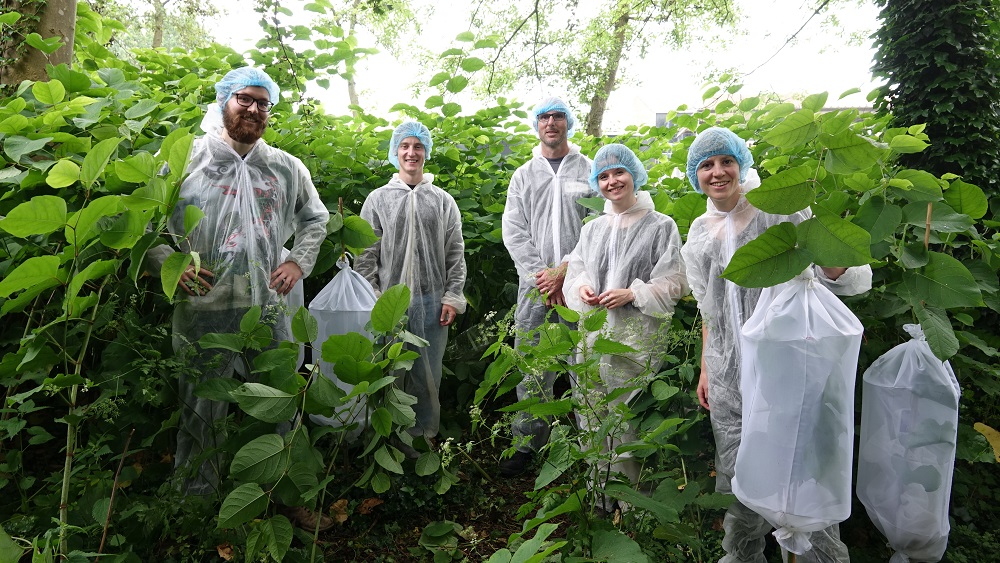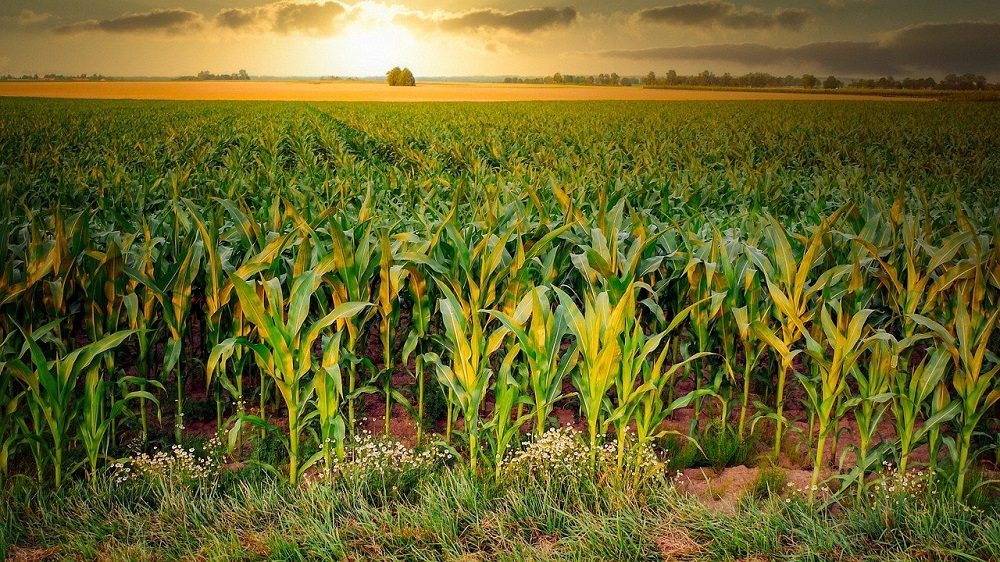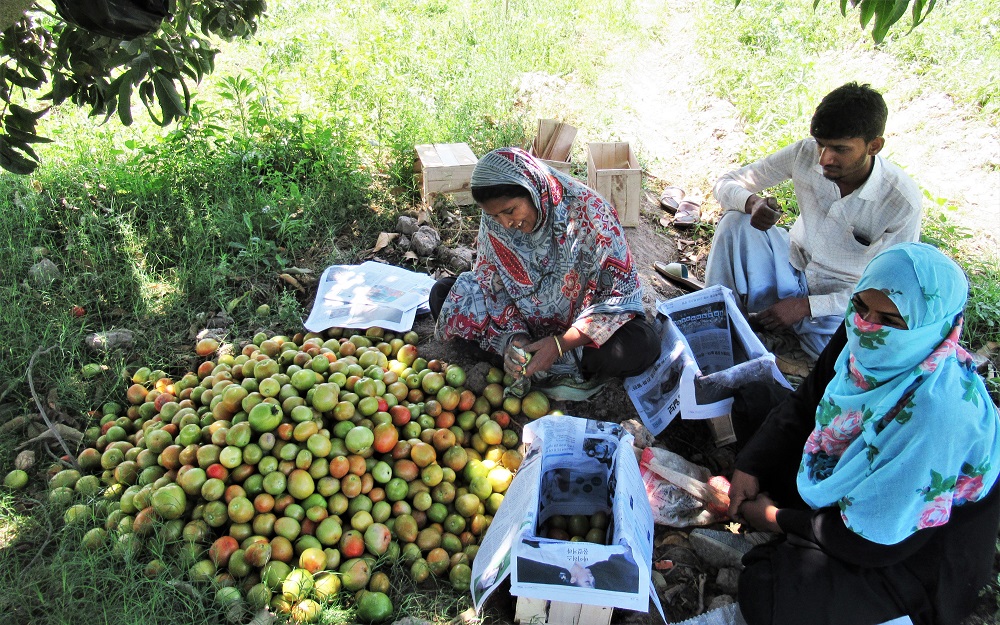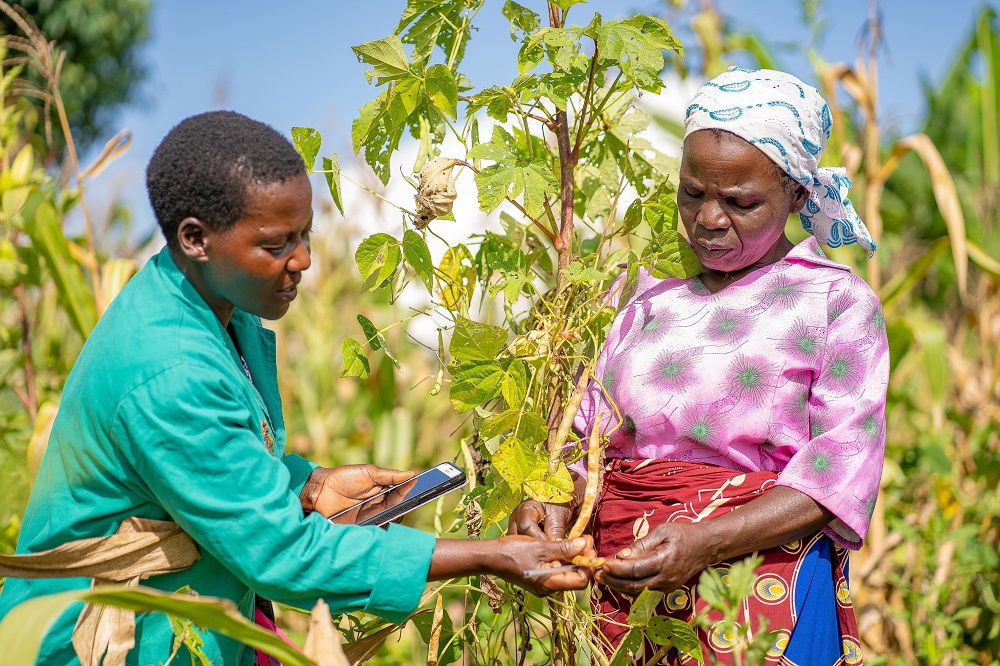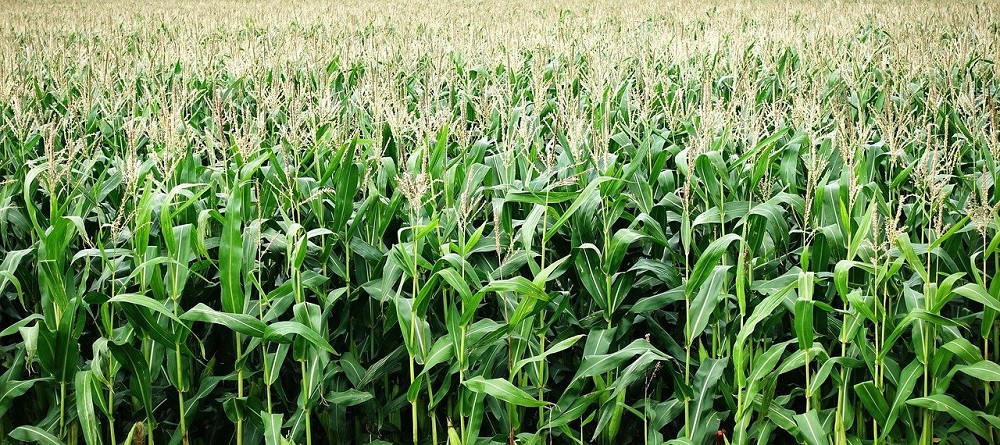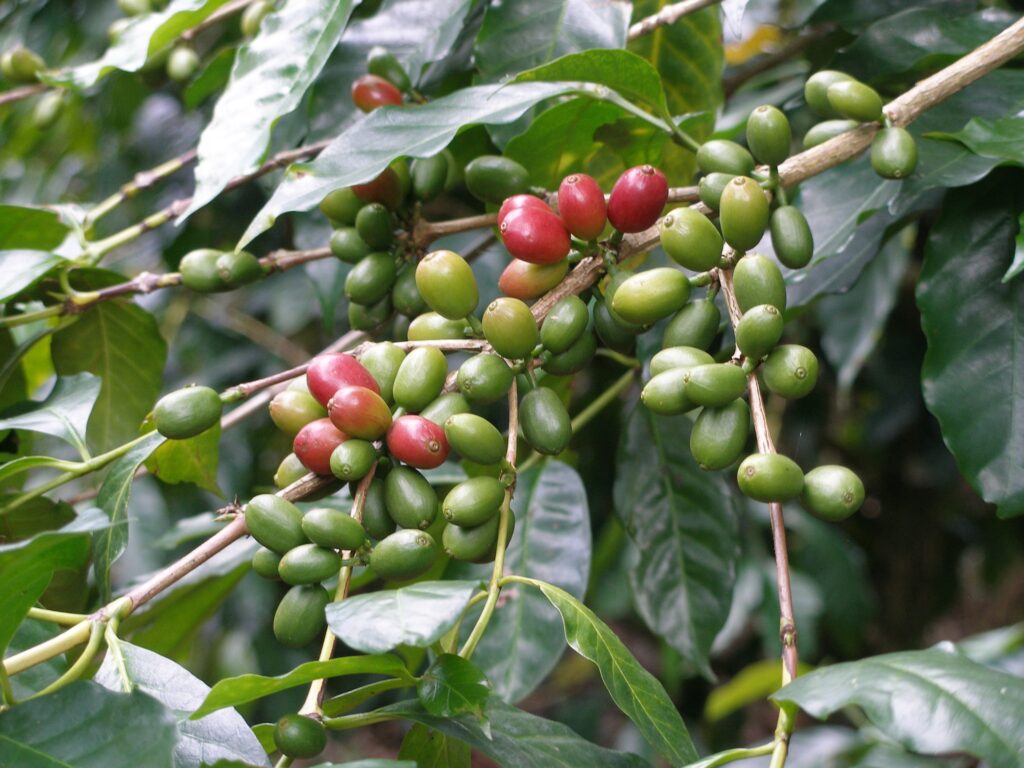CABI Blog
Category: Agriculture and International Development
You are here: CABI Blog
Aflatoxin control in Pakistan through the eyes of a maize grower from Punjab
July 27, 2021
Babar Bajwa, Sabyan Faris Honey
1 comment
Mian Muhammad Irfan is a maize grower from district Faisalabad in Punjab province. Here Rafhan Maize Products Co. Ltd procures thousands of tons of maize crop each year for processing. He is one of the thousands of maize crop farmers contracted with Rafhan Maize. Mr Irfan grows around one hundred acres of maize annually. Over…
Agricultural Minister endorses establishment of innovative biological control at farms in Sindh province of Pakistan
July 21, 2021
Ashfaque ali Dhaunroo
1 comment
The Agricultural Minister for Sindh province in Pakistan, Mr Muhammad Ismail Rahoo, has officially endorsed a Memorandum of Understanding (MoU) which will see the establishment of Natural Enemy Field Reservoirs (NEFRs) to fight pests of fruits, vegetables and other economic crops – including cotton and rice.
Farmers in Pakistan use pheromone capsules to fight back against cotton crop pest the pink bollworm
July 14, 2021
Allah Bux, Ghulam Nabi, Mushtaque Ali
1 comment
Cotton is Pakistan’s largest industrial sector but is impacted by many pests. The pink bollworm (Pectinophora gossypiella) is considered its worst enemy as it affects the quality of the lint and, ultimately, loss of the crop.
Biological control for Japanese knotweed comes into sharp focus during second release of psyllid
June 30, 2021
Wayne Coles
2 comments
Research to find a suitable and safe biological control to fight the scourge of Japanese knotweed is stepping up a gear in the Netherlands after the second release of a psyllid – Aphalara itadori – and our very own Dr Janny Vos, Partnerships Development Director, was on hand with camera for this picture special.
Searching made easy with CAB Thesaurus
June 16, 2021
Debbie Chessell
No Comments
Ever known exactly what you want to find, but not quite getting the results you desire? As an organization with over 100 years of scientific research experience behind us, we know your pain. That’s why we created CAB Thesaurus, our digital indexing tool designed to help researchers quickly navigate through millions of subjects to find…
3 fast ways to find super-specialized research
June 10, 2021
Debbie Chessell
No Comments
We all know that essay deadline dread; you’ve got a rough idea, no clue where to find the right research, and less and less time to get everything (citations included) sorted. Never fear, CABI’s here! In this blog, we share our 3 top tips for finding super-specialized research, super-fast. Ditch Google Scholar, databases are your…
Farmer praises CABI’s postharvest training to help boost Pakistan’s smallholder tomato production
June 9, 2021
Muhammad Asif, Rehan Riaz, Umair Safdar
No Comments
Tomato smallholder farmer Irshad Bibi has praised CABI’s postharvest training delivered in Pakistani village of Baili Janobi, District Muzaffargarh, which was aimed at improving ways of handling, packing and transporting the crop to market.
The persistent threat of emerging plant disease pandemics to global food security
June 8, 2021
Wayne Coles
No Comments
Global plant disease outbreaks are increasing, threatening the food security of vulnerable people in many parts of the world, writes Wayne Coles, PR Manager, CABI. A nutritious and stable food supply can help lift them out of poverty and improve their health. However, the spread of plant diseases, exacerbated by climate change and the global…
Using natural solutions to overcome crop toxins and increase Pakistan’s maize production
June 7, 2021
Babar Bajwa
1 comment
On World Food Safety Day, 7 June, we look at how a natural solution to a maize toxin is helping to safeguard Pakistan’s food security and smallholder farmer incomes. Aflatoxin contamination presents a severe threat to Pakistan’s population including its smallholder farmers, writes Dr Babar Bajwa, Senior Regional Director – Asia, CABI. They cause serious…
CABI Culture Collection plays key role in new research investigating multiple outbreaks of coffee wilt disease
June 4, 2021
Wayne Coles
No Comments
The CABI Culture Collection – which contains over 30,000 living strains from 142 countries – has played a key role in new research from scientists at Imperial College London and the University of Oxford investigating multiple outbreaks of the host-specific coffee wilt pathogen Fusarium xylarioides.
Subscribe to blog
DISCLAIMER
Views expressed in contributions do not necessarily reflect official CABI positions.
Archives
Categories
- Agriculture and International Development
- Veterinary and Animal Sciences
- Climate change and biodiversity
- Publishing
- Value chains and trade
- Crop health
- Environmental Sciences
- Human Sciences
- Tourism, Hospitality and Leisure
- Food and nutrition security
- Plant Sciences
- Gender and youth
- Digital development
- Development communication and extension
- Economic development
- Invasive species
- CABI Bioservices
- One Health


